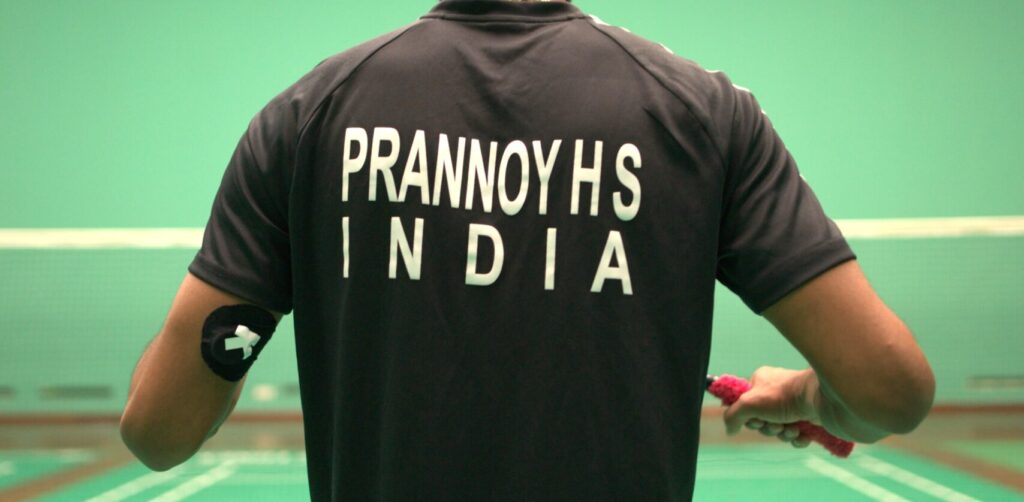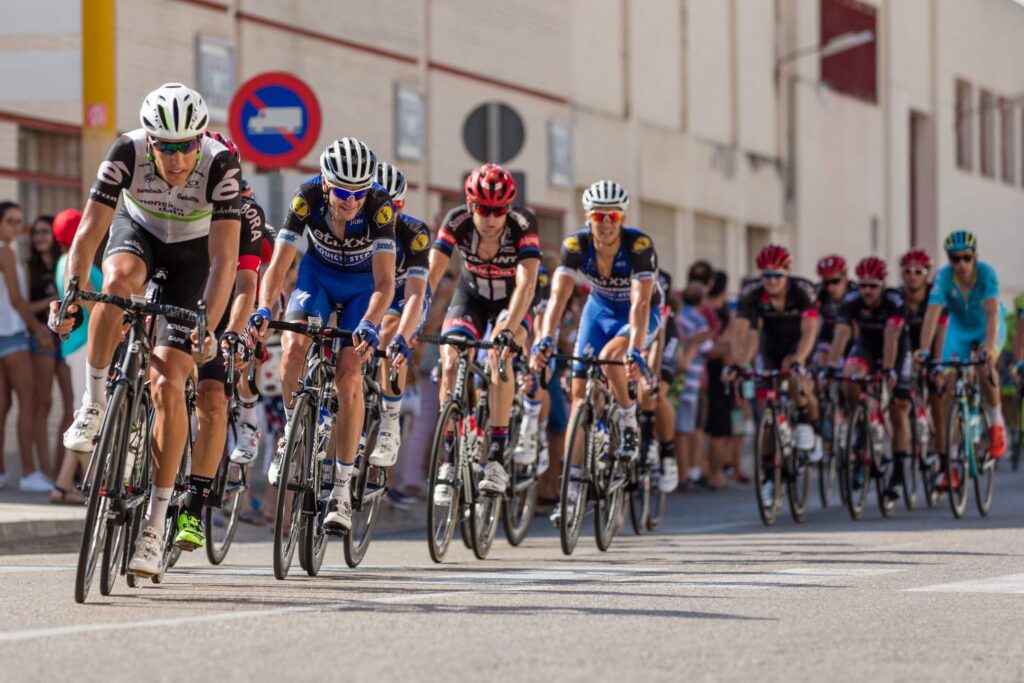When Australian Open 2022 runners-up Daniil Medvedev found himself two sets and a match point down in the quarterfinal, he said to himself, ‘What would Novak do?’ He went on to win the match with an impressive display of physical and mental skills. And anyone familiar with tennis would agree that Novak Djokovic is synonymous with mental strength.
It is natural to associate this skill with elite athletes. Now, what exactly makes an athlete successful? Ranking or number of trophies, to an extent, yes. But these aren’t the only determinants of success in sport. A 14-year-old golfer who hasn’t won a trophy yet, a 34-year-old tennis player whose goal is to play an entire tournament with the same energy and a marathon runner aiming to finish in 24 hours are all successful athletes.
Why? They have one thing in common: their sport is important to them, and they’re committed to being the best version of themselves. They set realistic, high goals for themselves and train and play hard. They are successful because they are pursuing their goals (process rather than outcome) and enjoying their sport. They believe that what they get back is worth what they put in.

Highlights
- Successful athletes realise that attitude is a choice. Choosing your attitude is a mindset of your belief system,
- Embrace strong emotions such as excitement, anger and disappointment as part of the sport experience. Use these emotions to improve, rather than allowing them to interfere with high-level performance,
- Set long- and short-term goals that are realistic, measurable and time-oriented.
There are no marked changes in physical capacity, biomechanical or skill level efficiency during a tournament or between two competitions that immediately follow each other. An athlete does not suddenly gain or lose stamina, skill or speed in a day. However, over time, something does change and that is psychological control, also known as mindset. When an athlete changes their control, which means they may gain or lose momentum, it is created by psychological, physiological and emotional factors.
Athletes constantly change psychological control; they may get psyched out in a split second or choke. Choking can occur in close competitive situations where the psychological factors interfere with skill execution.
This constant dips and hikes in psychological regulation can be prevented by developing cognitive skills and strategies to manage anxiety, stress, thoughts and emotions. These help an athlete cope with irrelevant stimuli from the external world. An athlete could learn to take accountability for realising their own arousal mechanism (physiology) and perform with it under control. This will in turn change behaviour and allow the athlete to perform consistently, as they are now focusing on the internal factors as opposed to external.
Actionables
There are nine mental skills that lead to success in sports. They are all learned and can be improved with instruction and practice.
Level I – These mental skills help you achieve long-term goals and sustain a daily practice. They are practised daily for long periods of time.
Level II – These skills are applied immediately before performance, as they help prepare for it. You could use them just before competition begins or a specific action, such as a golf swing or a tennis serve.
Level III – These skills are used during actual performance behaviour.

1. Attitude
Successful athletes realise that attitude is a choice. Choosing your attitude is a mindset of your belief system. Take opportunities to compete with and better what you did yesterday.
View the sport as a chance to compete against yourself so that you learn from your successes and failures. Pursue consistency in progress, not perfection, and realise that athletes, as well as their coaches, teammates, officials and others are not perfect. Maintain balance and perspective between your sport and the rest of your life.
2. Motivation
Motivation is a mindset of awareness, a drive to tirelessly push forward. It develops persistence, which fuels participation. Looking at the process instead of the outcome will largely benefit the athlete in being successful. Be aware of the rewards and benefits that you expect to experience through your sports participation. Athletes are able to be resilient even when these rewards and benefits are not immediately forthcoming.
3. Goals and commitment
Goals can be set realistically at an attainable level while still being challenging. Successful athletes set long- and short-term goals that are realistic, measurable and time-oriented.
They are know their current performance levels and develop specific, detailed plans to attain their goals. They are also highly committed to their goals and carrying out the daily demands of their training programs.
4. People skills
Successful athletes realise that they are part of a larger system that includes their families, friends, teammates, coaches and others. When appropriate, communicate your thoughts, feelings and needs to your support group and listen to them as well. Successful athletes have learnt effective skills for dealing with conflict, difficult opponents, and other negative or confrontational people.
5. Self-talk
Successful athletes maintain their self-confidence during difficult times with realistic, positive self-talk. Talk to yourself as you would talk to your friend. Use self-talk to regulate thoughts, feelings and behaviours during competition.
6. Mental imagery
Successful athletes prepare themselves for competition by imagining themselves performing well. Create and use detailed, specific and realistic mental images. Using imagery during competition will prepare you for action and recovery from errors or poor performance.
7. Dealing with anxiety
Successful athletes accept anxiety as part of sport. Realise that some degree of anxiety can help you perform well. Know how to reduce anxiety when it becomes too strong, without losing intensity.
8. Managing emotions
Successful athletes embrace strong emotions such as excitement, anger and disappointment as part of the sport experience. They are able to use these emotions to improve, rather than allowing them to interfere with high-level performance.
10. Concentration
Successful athletes know what they should focus on during each game. They can maintain focus and resist distractions, whether from the outside environment or within. They are able to quickly regain focus if their concentration lapses during competition. So, learn how to play in the here-and-now without regard to either past or anticipated future events. Concentration brings down the errors and heightens quality.
These nine mental skills can be associated with performance in a wide variety of non-sporting or performance situations too.
Conclusion
Not all successful athletes wear gold medals or title belts. A successful athlete is somebody who does whatever it takes to achieve their goal and be the best that they can be. Most important of all, a successful athlete is someone who, every time they fail and get knocked down, gets right back up and straight back to work. You don’t need to be the best to be a successful athlete; you just need to become the best you that you can possibly be. And you can do this by cultivating a success-oriented mindset.
Disclaimer: The contents of this article are for general information and educational purposes only. It neither provides any medical advice nor intends to substitute professional medical opinion on the treatment, diagnosis, prevention or alleviation of any disease, disorder or disability. Always consult with your doctor or qualified healthcare professional about your health condition and/or concerns and before undertaking a new health care regimen including making any dietary or lifestyle changes.
Reference
- https://www.sportpsych.org/nine-mental-skills-overview
- https://medium.com/@thesimonboulter/12-mental-skills-qualities-of-highly-successful-athletes-ef999978c428
- https://premiersportpsychology.com/2017/03/30/growth-mindset/
- https://www.trainingpeaks.com/coach-blog/how-to-cultivate-a-growth-mindset-in-athletes/








